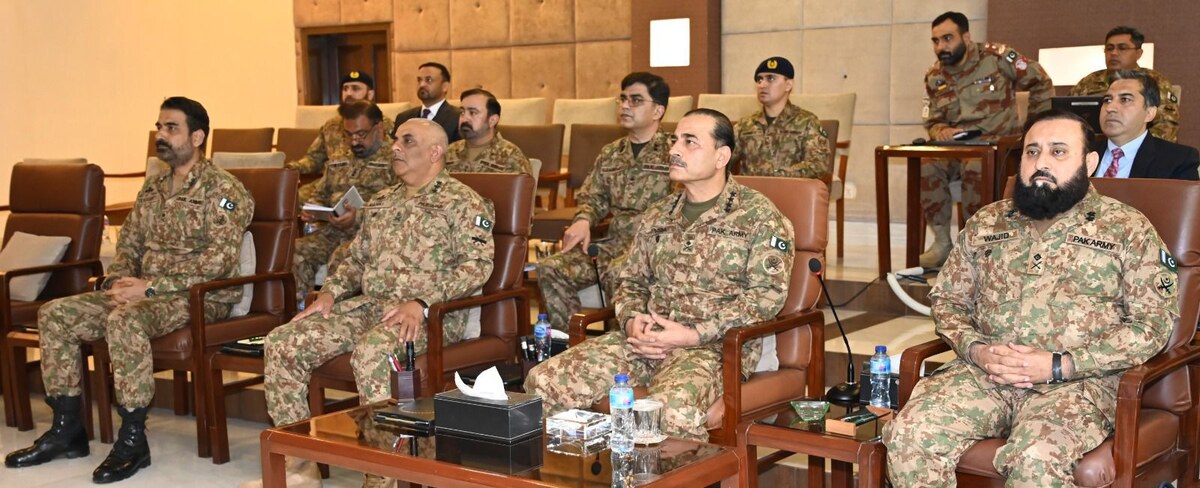ISLAMABAD: Pakistan’s President Dr. Arif Alvi on Tuesday condemned recent incidents involving the desecration of the Qur’an in Denmark and the Netherlands, urging the world to take practical measures against Islamophobia to promote tolerance worldwide, the state-run Associated Press of Pakistan (APP) said.
The president’s statement comes after Friday’s protest by far-right group Patrioterne Gar Live in Copenhagen. The anti-Muslim group broadcast footage on Facebook of supporters carrying banners with Islamophobic messages as they burned a copy of the Qur’an and the Turkish flag in front of the Turkish Embassy. This was the second protest to take place in Denmark this year where a copy of the Qur’an was desecrated.
The protest took place amid tensions between Ankara and Stockholm, especially over the former’s objection to the latter’s bid to join the North Atlantic Treaty Organization (NATO). The Nordic country needs Turkiye’s backing to join the military alliance. In January this year, Dutch far-right leader, Edwin Wagensveld tore pages of the Qur’an and stomped on them near The Hague, drawing criticism from Pakistan, Saudi Arabia, Malaysia, Turkiye, and other countries around the world.
“The president strongly condemned the incidents of desecration of the Qur’an in Denmark and The Netherlands and said that hate speech against religions could not be termed as freedom of expression,” the APP said.
The president pointed out that blasphemy was contrary to internationally defined principles of freedom of expression, adding that Islam focuses on promoting peace and brotherhood among mankind. Alvi called on the international community to take practical measures against Islamophobia.
“He [Alvi] said blasphemous incidents rooted in Islamophobia were hurting the sentiments of Muslims across the globe,” the APP said.
Pakistan’s foreign office also issued a strong response to the incident on Monday, saying that “such wilful and vile acts” reflects growing hatred, racism, and phobia against Muslims and their faith.
“We call on all States to develop legal deterrence with a view to preventing and prosecuting such acts, in line with the responsibilities and duties enshrined in international human rights law,” the foreign office said.
























